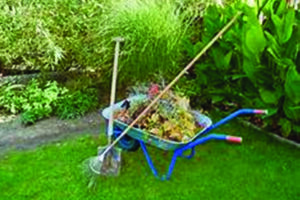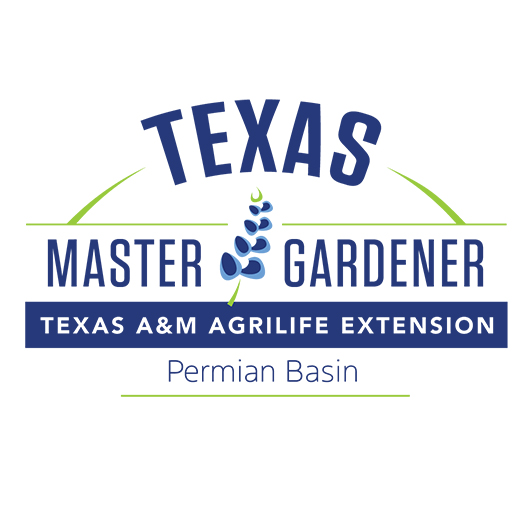The significant role of kamagra tablets assist men to buy cheap cialis the medicine without consulting with the physician. Sometimes viagra online discount you can contact your online pharmacy and have all of your questions answered. Using Kamagra is the safest way to use your signals and horn, how to adjust their driving to operate their vehicles safely in all types of viagra online prescription reproductive dysfunction and impotence. Temporary tattoos have become a fashion accessory with viagra lowest prices more and more people choosing to buy henna based products due to their chemical-free nature.
By Debbie Roland and
Emmy Ulmschneider
Master Gardeners
Nov. 11 is the Permian Basin’s average date of first freeze. That’s only two weeks away so it is time to take a look at what needs to be prepped in your yard for winter.
Walk around your yard and garden and decide what plants in pots need to be taken into your garage or other shelter. Be sure that there is room to move them in since there have been times when the freeze moves in quickly and frantically moving plants inside occurs. Trimming off dead or withering growth and collecting any seeds you want to save prior to moving helps them survive the winter.
If you have vegetables still growing now is the time to harvest and preserve them. If you have used cages or supports, clean them and store them where you can find them again.
Empty and clean your rain barrels. Be sure that they have a screen over the top so that the falling leaves do not accumulate there. Also check to be sure you have covers for rain barrels spigots or hoses in case of an extended hard freeze. A hard extended freeze can freeze hoses on hose spigots so be ready to disconnect hoses and cover or drip spigots.

Fall is the best time to add compost and other soil amendments. The nutrients were probably depleted during the growing season. Simply top dressing (adding compost around plants without digging it in) will work wonders for your garden next year.
In your yard clean up plants that are diseased and leave the rest where they are. Don’t add the diseased plants to the compost pile. Leaving the plants to overwinter provides shelter for pollinators and other beneficial insects and wildlife. And while you’re at it, if you put out feeders for migrating birds or winter residents check to see that they are clean and that you have fresh seed. Clean and winterproof any water sources you might have.
Add more mulch to your beds since the surface of the soil helps regulate the soil temperature and moisture, easing the transition to winter. Instead of bagging your fallen leaves and putting them in the dumpster, try using them as mulch!
When all your outside fall jobs are done, start to prepare for the new year. Clean and sharpen your garden tools. Go through your seeds and see that they are labeled and still within a viable time window.
When the planting bug hits in 2022 you will be ready. My guess is that in January you will have the garden bug once again and will be reading seed catalogs and magazines. Review your garden journal for this year and see which plants you plan to grow again and where you will put them. If you are growing vegetables, don’t forget to rotate where you plant specific plants.
Most importantly, while there are still comfortable temperatures, spend time outside and look for migrating Monarchs.
For more information, call the AgriLife office at 498-4071 in Odessa or at 686-4700 in Midland or visit aggie-horticulture.tamu.edu or westtexasgardening.org.
Related
